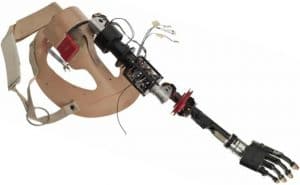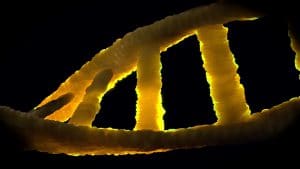Did you know that our survival often depends on Biotechnology? Not to mention great thriller stories! Many amazing medical discoveries from X-rays to bionic body parts can be attributed to Bio-Medical research and engineering. Both have saved millions of lives through the creation of vaccines, antibiotics and medical devices.
I often use medical plots in my books. Here are some good examples:
In RAW JUSTICE one of the characters is a Bio-Medical scientist. My research led me to some fascinating discoveries and a newfound appreciation for medical innovations! It also sparked ideas for future mysteries…
Bio-Medical scientists, also known as Bio-Medical researchers, work to develop new forms of drugs and vaccines through studying immunology and toxicology.
Similarly, Bio-Medical engineers also seek to discover new forms of treatment. However, due to their engineering backgrounds they also focus on designing medical products using microtechnology and 3-D printers. Bio-Medical engineers have brought medical solutions to life that were once the ideas of science fiction.
In 1993, five Bio-Medical engineers developed the first functional bionic arm. Since this breakthrough, Bio-Medical engineering has continued to build bionic limbs and artificial kidneys, hearts, and many other organs. Laser eye surgery and automated insulin delivery systems are also the product of Bio-engineering. A new promising area of research has been focusing on using biomimetic bone tissues for patients needing bone transplants.
Image courtesy of National Museums Scotland.
Some Bio-Medical engineers focus specifically on studying DNA and genetic modification.
These engineers are working to create genetically-engineered drugs that are designed to target the delivery of drugs to specific areas of the body. This new area of research is very promising for those who suffer from some of the most debilitating and rare diseases.
There are new risks that come with rapidly expanding medical knowledge, as well as the likelihood of foul play. Advances in decoding and modifying DNA have resulted in personal privacy concerns. For example, confidential genetic information could be hacked or shared.
As a crime fiction author and lawyer, this is especially interesting as DNA is involved in a lot of what I’m thinking and writing about all the time. A great example is DNA took the spotlight in my Thriller Award Finalist novel Jack and Joe.
Protecting people who participate in clinical trials is a major ethical concern of Bio-Medical researchers. Safety concerns were brought to the forefront in 1999, when an eighteen-year-old participant died while taking part in a gene therapy trial. The University of Pennsylvania was accused of an inadequate screening process for participants, as well as for failing to disclose crucial information.
Fortunately, most individuals in the Bio-Medical industry follow a strict code of ethics and continue to do great work. However, when people with sinister intentions hide in unexpected places it makes for a great thriller. Jess Kimball is familiar with the darker side of the medical community. In FATAL GAME Jess investigates a heart surgeon accused of murder. You can read more about when doctors go bad HERE.







Comments are closed.